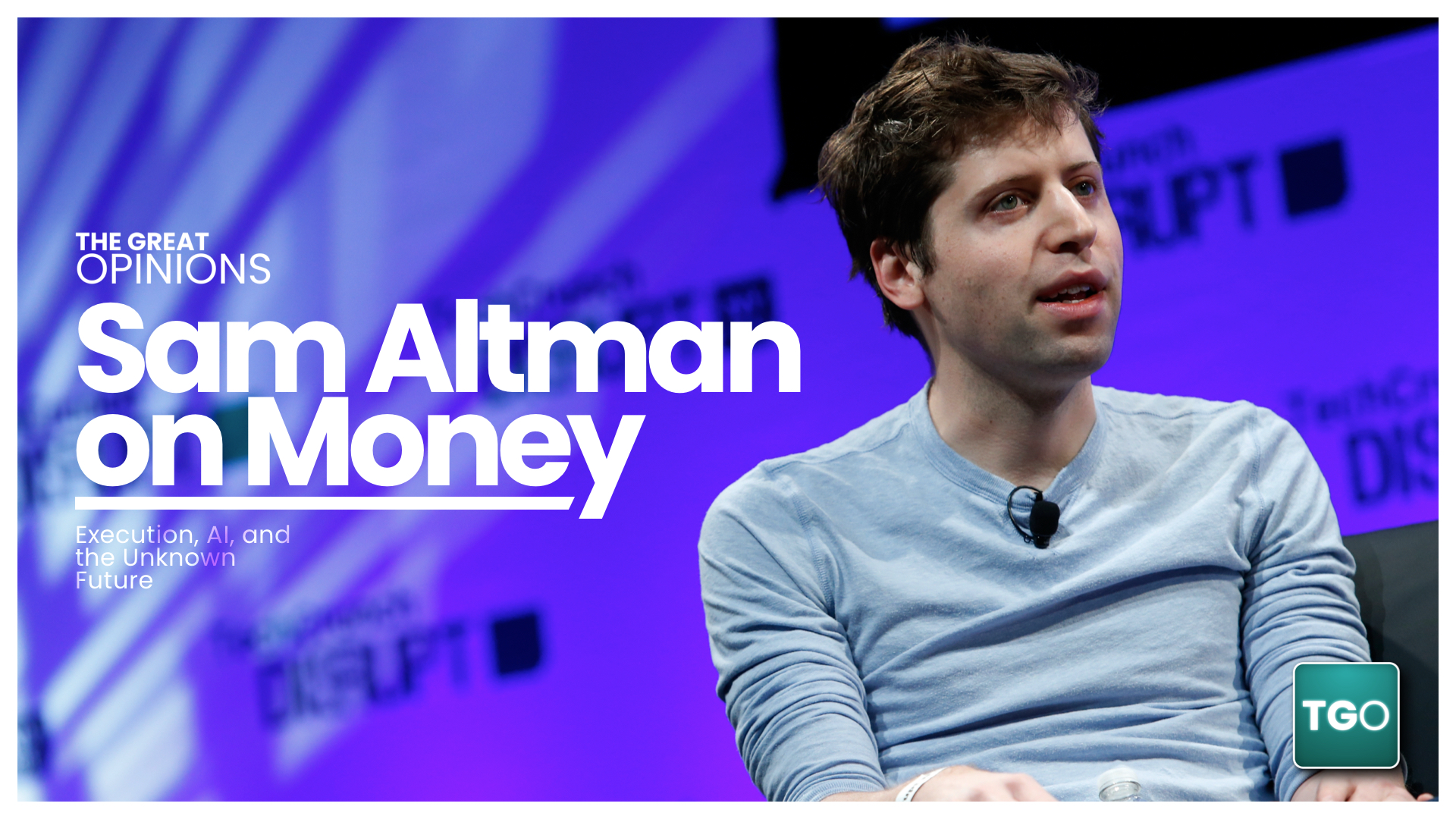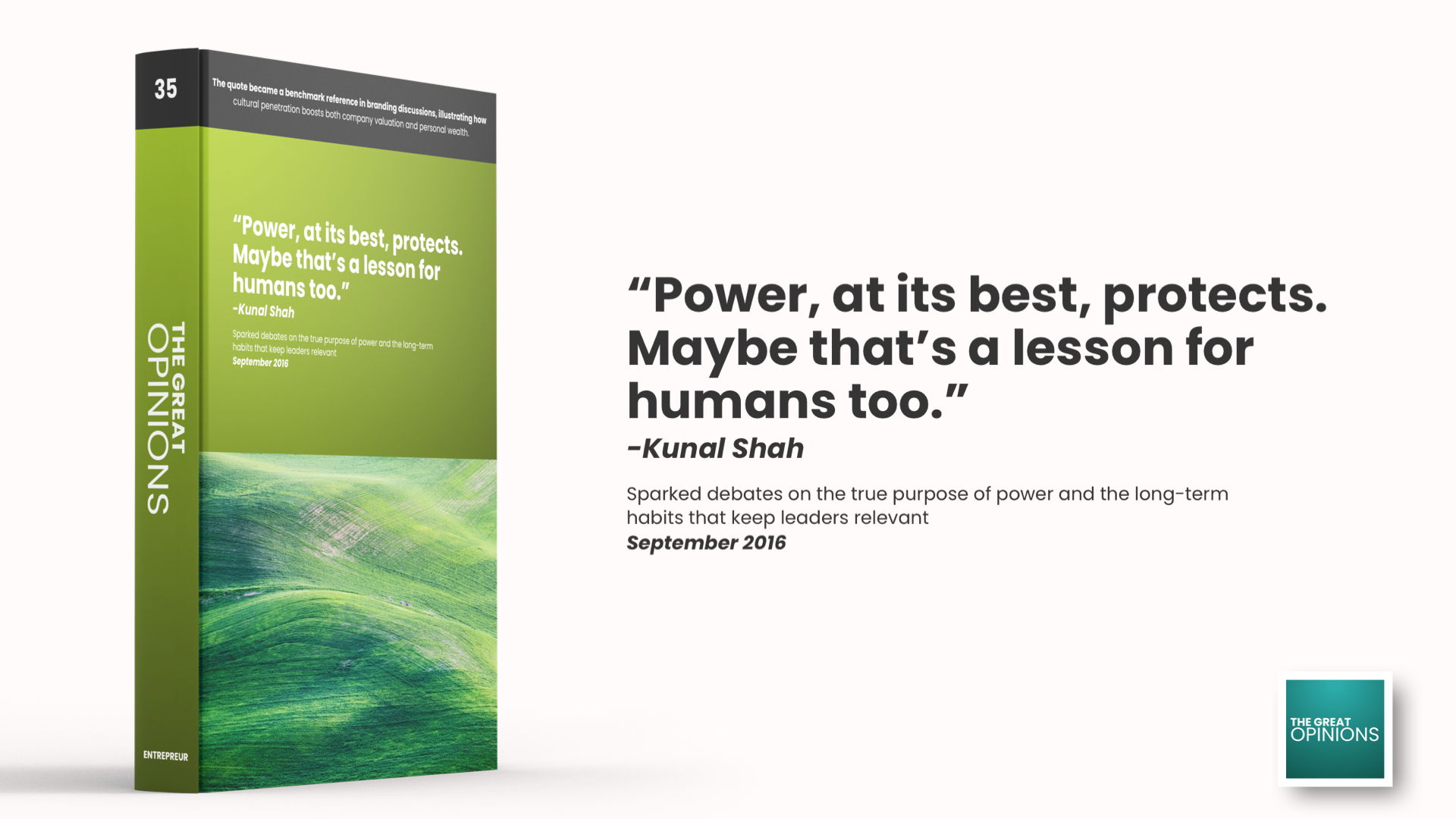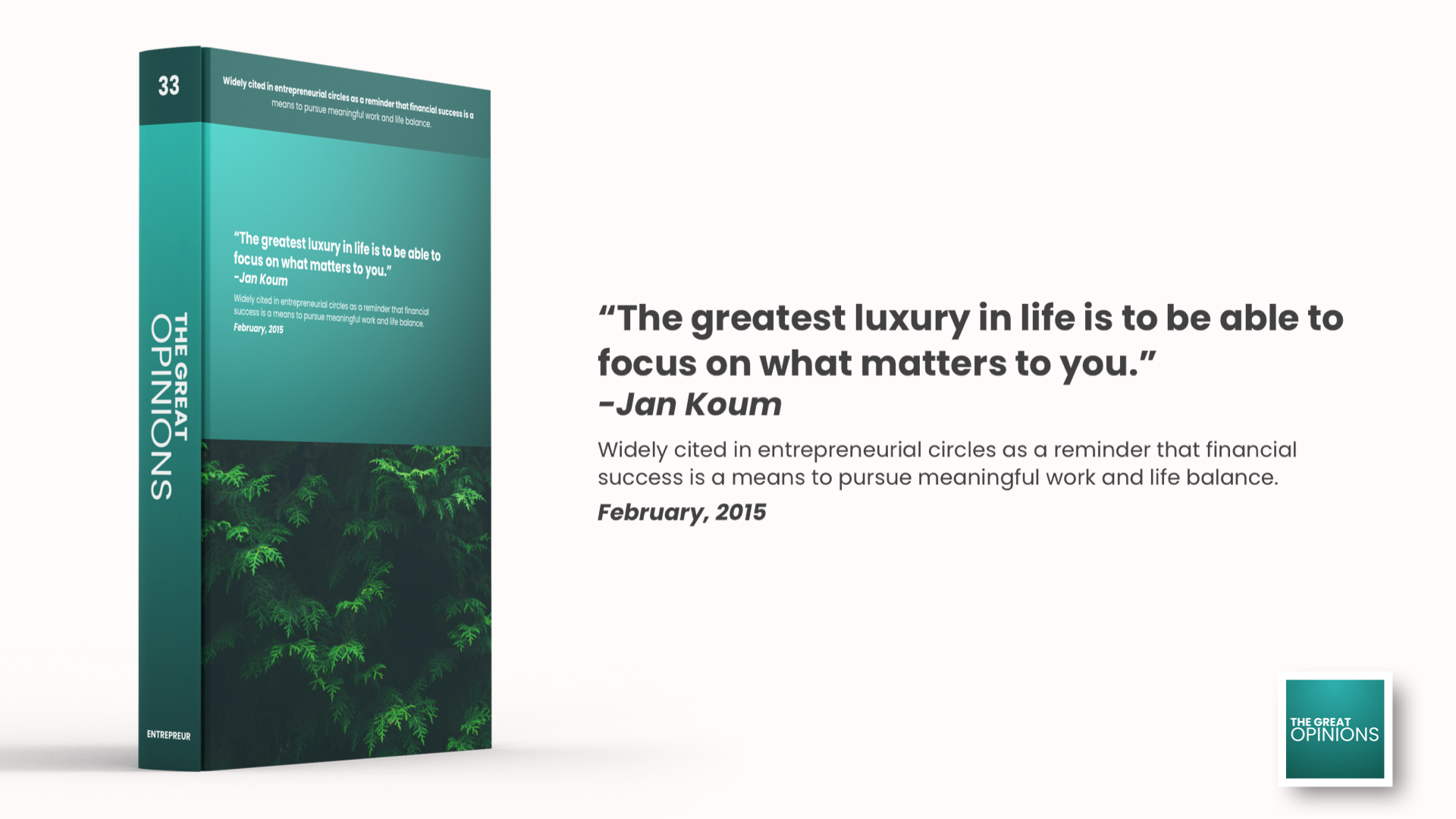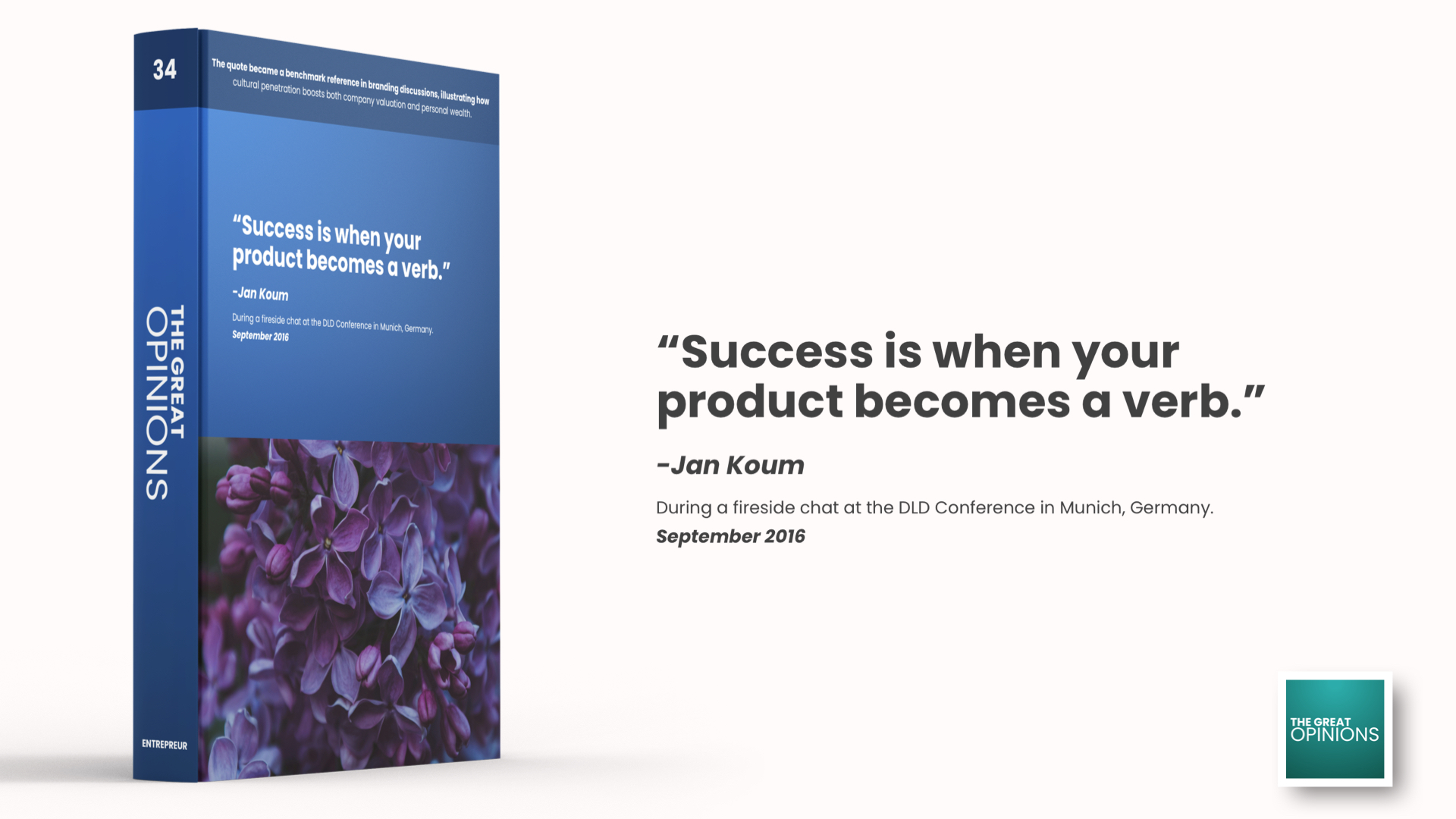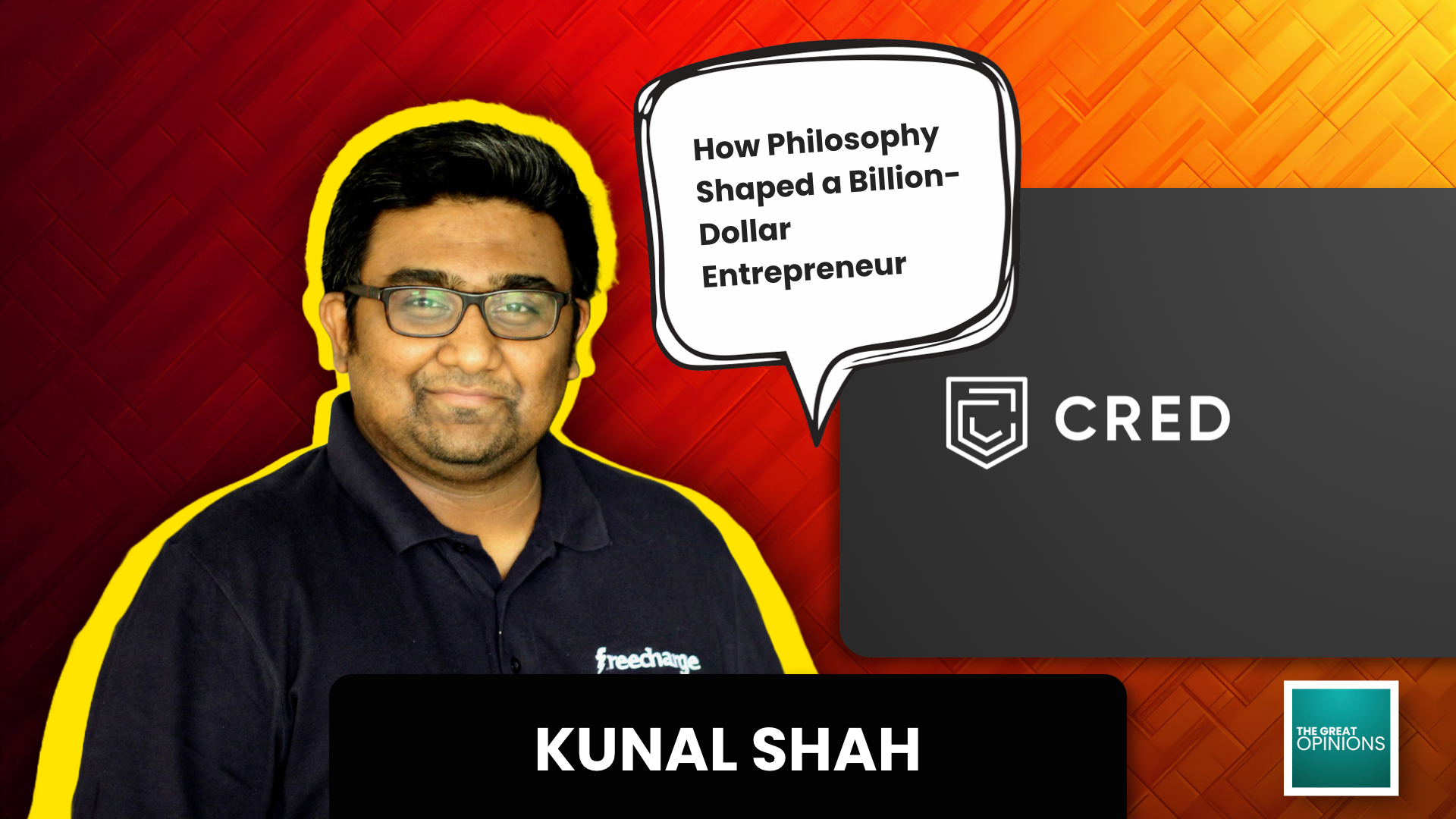Empathetic Leadership in Nature: What Chimpanzees Teach About Power That Protects
Empathetic Leadership vs. Aggression: The Alpha Who Consoles
They’ll tell you leadership is about strategy decks, corner offices, and knowing which fork to use at a charity dinner. But out in the real world — the sweat, the noise, the cracked concrete under your shoes — leadership isn’t about appearances. It’s about standing in the storm and not letting the people behind you get wet. It’s about what the poet drunks and the street philosophers call guts.
Empathetic leadership isn’t soft. It’s the kind that steps between the trouble and the team, like an old alpha chimp breaking up a fight because he knows the tribe matters more than his ego. It’s the CEO who still remembers the names of the interns, the founder who shields the engineers from boardroom politics, the mentor who burns their own time to help someone else grow.
Kunal Shah calls it “power that protects” — a way of leading that doesn’t just flex muscle, but uses it to keep others standing. The irony? You won’t find it in most business schools. You find it in the messy places: on factory floors, in war zones, and sometimes, in the wild where a chimp teaches you more about running a company than a thousand management books.
| Topic | Details |
| Who Said It? | Inspired by a study on wild chimpanzees and shared by Kunal Shah, co-founder of Snapdeal |
| Research Origin | Long-term behavioral observations of wild chimpanzees in Uganda’s Kibale National Park |
| Famous Quote | “Power, at its best, protects. Maybe that’s a lesson for humans too.” |
| Where It Was Shared | Kunal Shah’s official X (formerly Twitter) account |
| Date of Quote | October 24, 2024 |
| Occasion/Setting | Bahl was drawing a parallel between leadership traits in the animal kingdom and human leadership values |
| Witnesses | Public audience on X, with the tweet gaining thousands of impressions and shares |
| Why It Matters | Challenges the common association of alpha status with aggression; redefines leadership as a force for protection |
| Secondary Insight | “When success makes curiosity shrink, our personal ‘LLM’ stops learning and starts coasting” – urging leaders to keep evolving |
| Published By | Kunal Shah’s X account, later picked up by multiple business and leadership blogs |
| Impact | Sparked debates on the true purpose of power and the long-term habits that keep leaders relevant |
It starts with a scene in the African savannah. The dry grass crackles under the feet of a troop of chimpanzees. The alpha male is easy to spot — broad-shouldered, dark fur matted with dust, the kind of presence that would send a lesser rival scattering. And yet, when a juvenile shrieks after a fall, he does something unexpected: he walks over, crouches down, and gently touches the youngster, a silent gesture of reassurance.
That moment, captured in a long-term primate study, upended one of the most enduring myths in both animal and human societies — that dominance is synonymous with aggression. The data showed something counterintuitive: alpha males were not just the most feared; they were also the most likely to console, to mediate, to keep the peace. Power, it seemed, wasn’t just about control. At its best, power protects.
And maybe — just maybe — that’s the lesson humans keep forgetting.
From the battlefields of history to the corner offices of Silicon Valley, power has too often been a blunt instrument. But the leaders who leave lasting legacies are the ones who wield it as a shield, not a sword. They guard the vulnerable, defend the vision, and take the blows so others can work, live, and dream without fear.
Yet protection alone isn’t enough. There’s another enemy, quieter and more insidious, waiting to take down even the most principled leader: stagnation. Large language models — the kind of AI driving the current tech revolution — grow only by relentlessly ingesting diverse data. The same is true of human minds. Stop feeding them novelty, complexity, and challenge, and they plateau. When success makes curiosity shrink, our personal “LLM” stops learning and starts coasting. And that’s when power, however noble, begins to decay.
This is a story about the two pillars of meaningful influence: the courage to protect, and the hunger to keep evolving. Without both, history is merciless.
The University of Michigan’s long-term primatology project didn’t set out to write a manifesto on leadership. Its scientists simply wanted to understand the social dynamics of wild chimpanzees. But after years of field notes, one pattern stood out: the alpha males who kept their position the longest weren’t the most violent. They were the most protective.
Frans de Waal, the renowned primatologist, described it like this:
“The best alpha males make everybody feel secure. They keep the group together. They break up fights, console those in distress, and are often the most playful with infants.”
In short — they earned their dominance not through fear, but through trust.
Strip away the fur, and it’s a mirror for human systems. In high-performing companies, the best leaders aren’t just visionaries; they’re protectors. Satya Nadella at Microsoft didn’t just launch products — he shielded teams from bureaucratic chokeholds so innovation could breathe. Indra Nooyi, during her tenure at PepsiCo, defended her company’s long-term health by steering it toward healthier product lines, even when Wall Street wanted short-term sugar highs.
It’s tempting to see protection as passive — the act of holding the line. But in reality, it’s deeply active. It’s sitting in the boardroom and saying no to a reckless acquisition because the data isn’t there. It’s firing the client who abuses your employees. It’s standing between your team and the politics that threaten to erode their focus.
In chimpanzee society, protection ensures survival. In ours, it ensures trust.
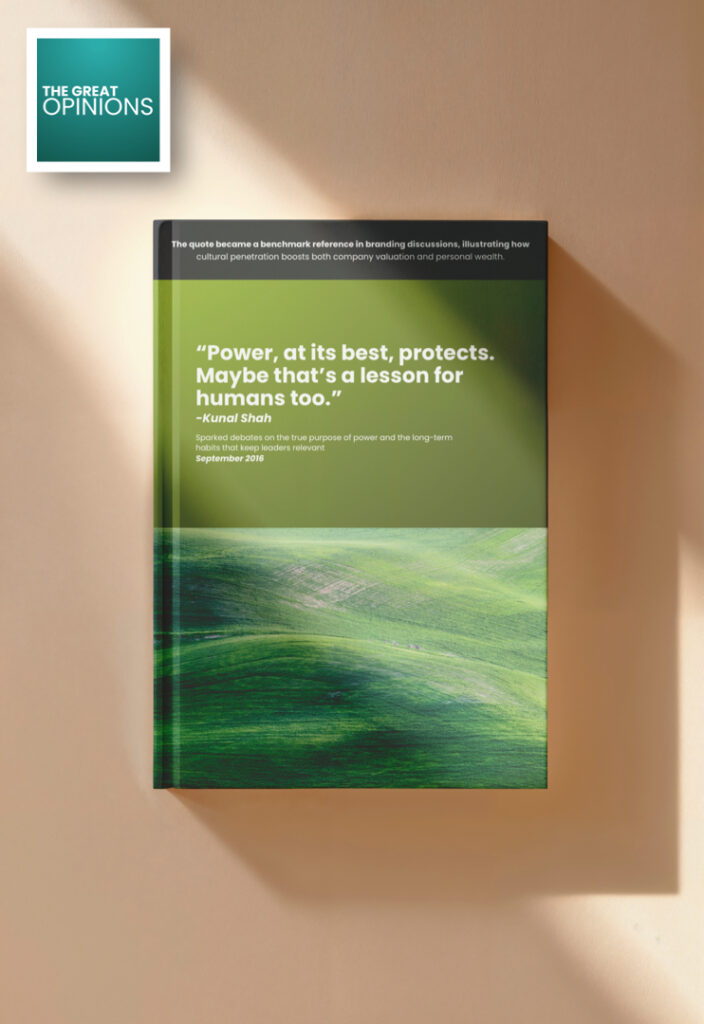
The University of Michigan’s long-term primatology project didn’t set out to write a manifesto on leadership. Its scientists simply wanted to understand the social dynamics of wild chimpanzees. But after years of field notes, one pattern stood out: the alpha males who kept their position the longest weren’t the most violent. They were the most protective.
Frans de Waal, the renowned primatologist, described it like this: “The best alpha males make everybody feel secure. They keep the group together. They break up fights, console those in distress, and are often the most playful with infants.” In short — they earned their dominance not through fear, but through trust.
Strip away the fur, and it’s a mirror for human systems. In high-performing companies, the best leaders aren’t just visionaries; they’re protectors. Satya Nadella at Microsoft didn’t just launch products — he shielded teams from bureaucratic chokeholds so innovation could breathe. Indra Nooyi, during her tenure at PepsiCo, defended her company’s long-term health by steering it toward healthier product lines, even when Wall Street wanted short-term sugar highs.
It’s tempting to see protection as passive — the act of holding the line. But in reality, it’s deeply active. It’s sitting in the boardroom and saying no to a reckless acquisition because the data isn’t there. It’s firing the client who abuses your employees. It’s standing between your team and the politics that threaten to erode their focus.
In chimpanzee society, protection ensures survival. In ours, it ensures trust.
Here’s how the two forces — protection and curiosity — combine in real-world leadership.
Seed: A leader starts with a mission, a team, and a set of values. In the beginning, the fight is for survival — raising capital, finding customers, establishing legitimacy. Protection here means shielding the mission from early failures, filtering out noise, and making sure the team can focus. Curiosity means experimenting with unconventional approaches, seeking advice from unexpected sources, and scanning far beyond the immediate market.
Sapling: The company grows. The leader’s role shifts from doing to enabling. Now, protection means defending the culture from being diluted, ensuring that scaling doesn’t come at the cost of ethics. Curiosity means anticipating what comes after the current business model, and building capabilities for it before the competition even senses a shift.
Forest: The leader now oversees an institution. The risk here isn’t failure — it’s inertia. Protection means guarding against complacency, keeping the mission relevant in changing times. Curiosity means constantly asking “What’s next?” and being willing to disrupt your own success before someone else does.
When you look at companies like Amazon under Jeff Bezos, or Tata Group under Ratan Tata, you see this balance in motion: fierce protection of the core mission, paired with restless exploration of new terrain.
History is littered with examples of leaders who misunderstood power. They saw it only as control, not as stewardship. Napoleon Bonaparte, for instance, built an empire on the foundation of military brilliance, but in his hunger to dominate, he stopped protecting the very things that sustained his influence — alliances, trust, and stability. His relentless campaigns eroded not just his armies but the political goodwill that had made him powerful in the first place.
In business, the corporate equivalent is a CEO who sees their position as a personal kingdom. Elizabeth Holmes of Theranos projected control, secrecy, and confidence — but not protection. When whistleblowers raised concerns, she defended the illusion instead of the truth. Protection in its truest sense would have meant protecting patients, investors, and employees from harm, even if it meant exposing her own vulnerability.
The lesson: Power without protection is brittle. It may dazzle, but it doesn’t last.
One of the most counterintuitive findings from the chimpanzee research was that empathy isn’t weakness — it’s a survival strategy. Empathetic alpha males often had more allies, fewer challenges to their dominance, and better access to resources because the group trusted them.
That’s not just true in the wild. When Satya Nadella took over as Microsoft’s CEO in 2014, the company was seen as bureaucratic and combative, especially under Steve Ballmer’s leadership. Nadella made empathy a core leadership principle — encouraging collaboration, listening to customer pain points, and even changing the company’s internal performance review system to reward teamwork over individual point-scoring. The result? Microsoft’s market value more than tripled during his first five years.
Empathy, in this context, isn’t about being “nice.” It’s about being attuned to the needs and fears of the group, and using that awareness to guide decisions. It’s the very thing that makes protection possible.
Curiosity has its own self-sustaining loop, but it requires deliberate effort to keep alive. The moment a leader assumes they “know enough,” their mental model starts shrinking.
Think of curiosity as the opposite of a comfort zone. Jeff Bezos famously leaves empty chairs in meetings to represent the customer — a constant reminder to think beyond internal conversations. Richard Feynman, the Nobel-winning physicist, learned Portuguese just so he could give a lecture in Brazil, because he believed the discipline of learning something unrelated would sharpen his ability to think creatively in his main field.
In the chimpanzee metaphor, curiosity is like foraging — venturing out to explore new areas instead of relying solely on known feeding grounds. Without it, the group stagnates; with it, they adapt to new challenges before they become threats.
For humans, the equivalent is scanning the horizon for emerging trends, technologies, and cultural shifts — not just reading industry reports, but attending events in unrelated sectors, talking to people outside your usual circles, and seeking out discomfort deliberately.
The most powerful leaders in history are those who merge these two qualities seamlessly.
Look at Mahatma Gandhi. His protection was for the dignity and rights of his people; his curiosity led him to study various philosophies — from Henry David Thoreau’s civil disobedience to Ruskin’s economic ideas — and adapt them into his own approach to non-violent resistance.
In modern entrepreneurship, Elon Musk’s protective instinct is evident in how fiercely he defends Tesla’s mission to accelerate the world’s transition to sustainable energy. His curiosity drives him to leap into fields as diverse as space exploration, brain-computer interfaces, and artificial intelligence. The alignment of those forces creates momentum that even his critics can’t ignore.
When protection and curiosity align, leadership stops being reactive. It becomes generative — capable of shaping not just the future of a company or a country, but the trajectory of entire industries.
This brings us back to the metaphor of the Large Language Model. An LLM like GPT becomes more capable the more diverse, high-quality data it consumes. But it also needs the ability to protect its integrity — filtering out noise, misinformation, and irrelevant clutter.
Humans function the same way. Protection, in the cognitive sense, is about setting boundaries: deciding which inputs are worth your attention, which relationships deserve your energy, and which goals merit your time. Curiosity is about keeping those inputs fresh, diverse, and challenging enough to prevent mental stagnation.
When leaders lose either, the system degrades. Overprotective leaders without curiosity become authoritarian and rigid. Over-curious leaders without protection become scattered and ineffective. The balance is the key.
So here’s the uncomfortable truth: leadership isn’t about knowing the map. It’s about being willing to redraw it while protecting the people who are walking it with you. The chimpanzee alphas who lasted the longest weren’t the ones who fought the hardest; they were the ones who fought when it mattered, and learned constantly when it didn’t.
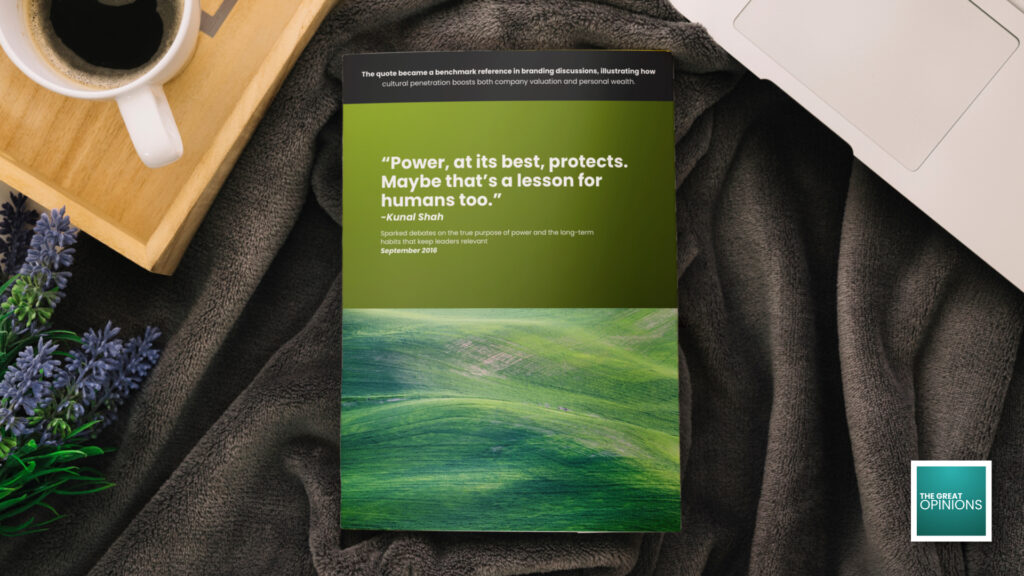
As you think about your own sphere of influence — whether it’s a startup team, a political office, or a classroom — ask yourself two questions:
- Who or what am I protecting?
- How am I feeding my curiosity this week?
If you can answer both, you’re already ahead of most. If you can’t, you’ve found your starting point.
Because in the end, power at its best doesn’t just command. It shields. It learns. It evolves. And maybe, just maybe, that’s the lesson from both the savannah and the C-suite.
Source:
- https://twitter.com/kunalb11/status/1953771052825182685
- https://x.com/kunalb11/status/1944667115442577408
- https://en.wikipedia.org/wiki/Empathy
- https://pmc.ncbi.nlm.nih.gov/articles/PMC3973272/
- https://www.pnas.org/doi/10.1073/pnas.1006991107
- https://www.theguardian.com/science/2024/mar/25/frans-de-waal-obituary
- https://leadstar.us/articles/the-power-of-curiosity-in-leadsership/
- https://www.dukece.com/insights/curiosity-one-shared-trait-successful-ceos/
- https://journals.lww.com/nursingmanagement/fulltext/2024/02000/don_t_let_curiosity_kill_the_cat__build_cultures.1.aspx

